Home>Garden Essentials>What Does Heirloom Seeds Mean
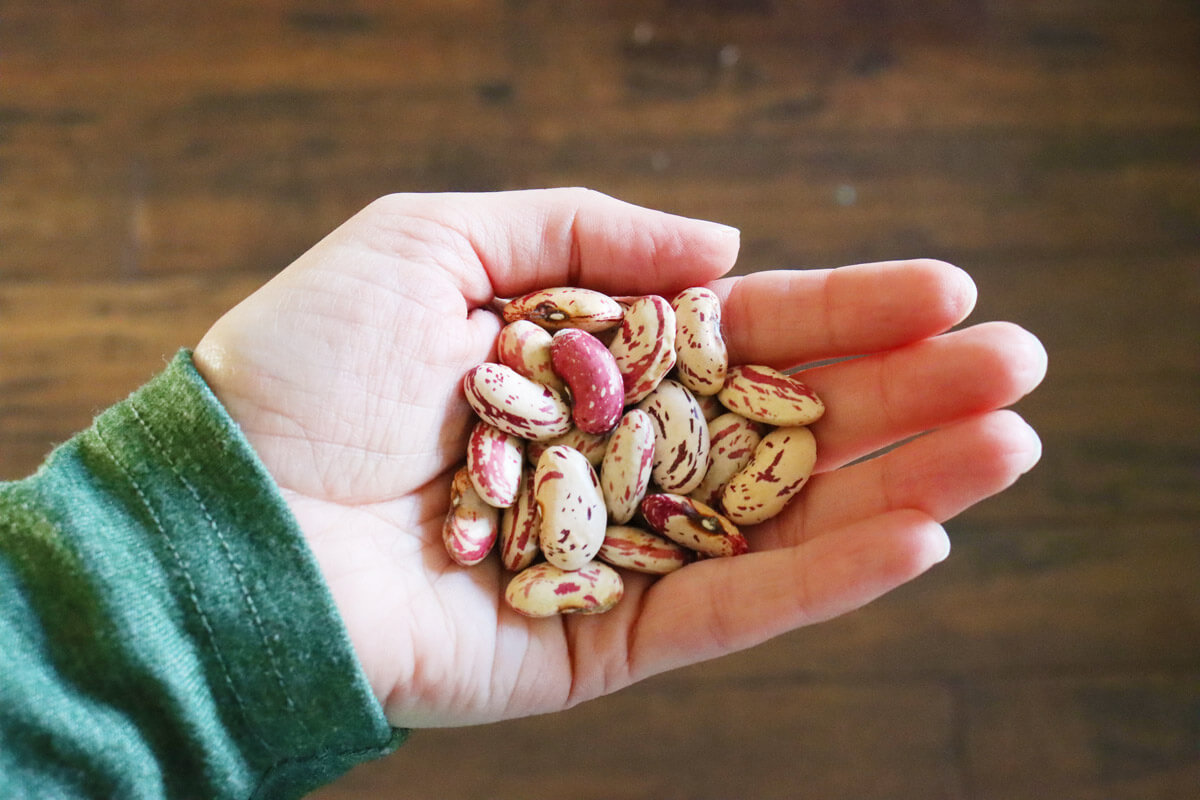

Garden Essentials
What Does Heirloom Seeds Mean
Modified: March 15, 2024
Get the scoop on what heirloom seeds really mean and how they can transform your garden. Discover the benefits of growing these special seeds and cultivate a unique and sustainable garden.
(Many of the links in this article redirect to a specific reviewed product. Your purchase of these products through affiliate links helps to generate commission for Storables.com, at no extra cost. Learn more)
Introduction
When it comes to gardening, there is a treasure trove of options to explore. From choosing the right soil to selecting the perfect plants, there is no shortage of decisions to make. One exciting aspect of gardening is the opportunity to grow heirloom seeds.
Heirloom seeds are a fascinating and valuable part of the gardening world. They offer a window into the past, connecting us to our agricultural heritage and providing us with unique varieties of plants. In this article, we will explore the concept of heirloom seeds, their history, characteristics, benefits, challenges, and the importance of saving and sharing them.
So, what exactly are heirloom seeds? And why should you consider growing them in your garden? Let’s dive in and discover the fascinating world of heirloom seeds!
Key Takeaways:
- Heirloom seeds are special because they connect us to our past, offer diverse flavors, and help preserve our agricultural heritage. By growing them, we celebrate our unique food history and contribute to a sustainable future.
- While heirloom seeds may pose challenges like availability and plant performance, the benefits of unique flavors, cultural connections, and genetic diversity make them a rewarding choice for gardeners. Embrace the beauty of heirloom seeds!
Read more: What Are Heirloom Seeds
Definition of Heirloom Seeds
Heirloom seeds are open-pollinated seeds that have been passed down through generations, often for more than 50 years. These seeds are cherished for their historical significance, unique characteristics, and the flavors and qualities they bring to the table.
Unlike hybrid seeds, which are created by crossing two different plant varieties, heirloom seeds are the result of natural pollination by wind, insects, or birds. This natural process allows the plants to adapt to their local environment, leading to a diverse array of traits and flavors.
Furthermore, heirloom seeds are stable and true to type, meaning that when they are saved and replanted, they will produce offspring with the same characteristics as the parent plant. This stability allows gardeners to preserve and perpetuate specific heirloom varieties over time.
One key distinction between heirloom seeds and commercially produced hybrid seeds is that heirlooms are open-pollinated, meaning they can be pollinated by plants of the same variety. This makes them an excellent choice for gardeners interested in saving their own seeds for future generations.
In recent years, the term “heirloom” has also come to signify more than just the age and purity of the seed. It has expanded to encompass the preservation of traditional farming practices, regional food cultures, and biodiversity. As such, growing heirloom seeds fosters a sense of connection to our agricultural past, while also promoting sustainable and diverse gardening practices.
Now that we have a clear understanding of what heirloom seeds are, let’s delve into their rich history and discover their fascinating origins.
History of Heirloom Seeds
The history of heirloom seeds dates back many centuries, to a time when communities relied on agriculture for sustenance. Heirloom varieties were carefully selected and passed down from one generation to the next, ensuring the preservation and perpetuation of specific plant characteristics.
Heirloom seeds have played a vital role in human food systems for thousands of years. They were honed and adapted by ancient farmers who recognized the value of certain traits, such as flavor, yield, disease resistance, and adaptability to local climates.
Throughout history, seeds were often treasured possessions, carefully saved, and shared within communities. They were seen as an essential resource, offering a sense of security and self-sufficiency in times of scarcity or hardship.
However, with the rise of industrial agriculture in the 20th century, there was a shift away from heirloom seeds. Hybrid seeds and genetically modified organisms (GMOs) started to dominate the agricultural landscape, as they offered higher yields, uniformity, and extended shelf life.
Fortunately, a growing movement in recent decades has rekindled interest in heirloom seeds. People have recognized the value of preserving traditional varieties that are rich in flavor, adaptability, and cultural significance.
Today, gardeners, farmers, and seed savers around the world are working tirelessly to seek out and maintain heirloom seed varieties, ensuring their survival for future generations. They understand the importance of biodiversity in our food systems and the need to protect and celebrate these unique genetic resources.
The history of heirloom seeds is a testament to our shared agricultural heritage and the resilience of traditional farming practices. By growing heirloom seeds, we pay homage to the generations that came before us and contribute to the preservation of our food heritage.
Now that we have explored the history of heirloom seeds, let’s uncover the characteristics that make them so special.
Characteristics of Heirloom Seeds
Heirloom seeds possess several unique characteristics that set them apart from other types of seeds. These characteristics contribute to their desirability among gardeners, farmers, and food enthusiasts alike. Let’s take a closer look at some of the key features of heirloom seeds:
- Diversity: Heirloom seeds are known for their incredible diversity. Over the years, they have adapted to various climates, soils, and growing conditions, resulting in a wide range of plant types, colors, and flavors. Whether you’re looking to grow vibrant tomatoes, colorful peppers, or unique melons, heirloom seeds offer a captivating array of choices.
- Flavor: One of the most prized aspects of heirloom seeds is the exceptional flavor they deliver. Unlike some modern hybrid varieties that prioritize appearance and durability, heirlooms prioritize taste. They often offer rich, complex flavors that can elevate your culinary creations and bring a unique gastronomic experience to your table.
- Historical Significance: Heirloom seeds have a deep connection to our agricultural history. Planting and tending to heirloom varieties allows us to touch the past and appreciate the wisdom of our ancestors. It’s a way to preserve traditional farming practices, regional food cultures, and the stories that each seed carries with it.
- Adaptability: Heirloom seeds have demonstrated their adaptability over generations. Since they have been saved and replanted for decades, they have developed resilience to specific environmental conditions. This adaptability ensures that heirloom plants are well-suited to local climates, making them a reliable choice for both beginner and experienced gardeners.
- Genetic Diversity: Heirloom seeds contribute to the preservation of genetic diversity in our food systems. With the rise of industrial agriculture, many hybrid and genetically modified varieties have become dominant, leading to a loss of genetic variation. By growing heirloom seeds, we help maintain a diverse pool of genetic resources, which is essential for the long-term sustainability of our food supply.
These characteristics make heirloom seeds a popular choice among gardeners who appreciate the history, flavor, and diversity they bring to their gardens. In the next section, we will explore the numerous benefits of growing heirloom seeds.
Heirloom seeds are open-pollinated varieties that have been passed down through generations. They are prized for their genetic diversity, adaptability, and historical significance.
Benefits of Growing Heirloom Seeds
Growing heirloom seeds offers a multitude of benefits that extend beyond the garden. Whether you’re a seasoned gardener or just starting your gardening journey, here are some of the advantages of choosing heirloom seeds for your garden:
- Unique Flavors: Heirloom seeds are renowned for their exceptional flavors. These varieties often boast rich, complex, and delicious taste profiles that can elevate your culinary creations. From juicy heirloom tomatoes to flavorful peppers and aromatic herbs, growing heirloom seeds allows you to savor a wide array of tantalizing flavors.
- Cultural Connection: By growing heirloom seeds, you become a part of a larger cultural tradition. These seeds carry the stories and traditions of generations past, connecting you to the history and heritage of agricultural practices around the world. It’s a way to celebrate and preserve traditional farming methods and regional food cultures.
- Preservation of Genetic Diversity: Heirloom seeds play a crucial role in maintaining genetic diversity in our food systems. With the rise of industrial agriculture and the dominance of commercial hybrid varieties, many unique and traditional plant varieties have been lost. By growing heirloom seeds, you contribute to the preservation of these genetic resources, ensuring the availability of diverse and resilient plants for future generations.
- Seed Saving: Heirloom seeds are open-pollinated, which means they can be saved and replanted year after year. This allows gardeners to become seed stewards and maintain a self-sufficient cycle of seed production. Saving and sharing seeds not only promotes self-reliance but also helps to foster a sense of community as gardeners exchange and preserve heirloom varieties.
- Eco-Friendly Gardening: Heirloom seeds are often well-suited to local growing conditions and have adapted to withstand pests and diseases naturally. As a result, they require fewer synthetic inputs such as pesticides and fertilizers. By choosing heirloom seeds, you contribute to a more sustainable and environmentally friendly approach to gardening.
These benefits make growing heirloom seeds a rewarding and enjoyable experience for gardeners of all levels. Not only do you get to enjoy the unique flavors and cultural connections offered by heirlooms, but you also play a vital role in preserving our agricultural heritage and promoting sustainable gardening practices. However, it’s important to note that growing heirloom seeds also presents certain challenges that gardeners need to be aware of, which we will explore in the next section.
Read more: What Does Mustard Seed Mean
Challenges of Growing Heirloom Seeds
While growing heirloom seeds has numerous benefits, it’s important to be aware of the challenges that come with cultivating these unique varieties. Here are some of the common challenges that gardeners may encounter when growing heirloom seeds:
- Availability: Unlike hybrid or commercial varieties, heirloom seeds may not be as readily available. Some heirloom varieties have become rare or even endangered, making it more challenging to find a reliable source. However, dedicated seed companies, seed exchanges, and community seed saving initiatives can help overcome this challenge.
- Vigilance in Seed Saving: To maintain the purity and integrity of heirloom varieties, it’s essential to practice proper seed saving techniques. Heirloom plants can easily cross-pollinate with other plant varieties, leading to unintentional hybridization. Gardeners interested in saving seeds must understand isolation techniques or consider growing only one variety to prevent cross-pollination.
- Inconsistent Plant Performance: Heirloom seeds can exhibit variation in plant performance due to their diverse genetic makeup. While this diversity adds to the charm and uniqueness of heirloom plants, it can sometimes result in inconsistent growth patterns, different fruit sizes and shapes, or varying disease resistance levels. Gardeners must be willing to embrace this variability and appreciate the beauty of imperfection.
- Increased Susceptibility to Pests and Diseases: Some heirloom varieties may be more susceptible to pests and diseases compared to modern hybrid varieties, which have been specifically bred for disease resistance. It’s important to closely monitor the health of heirloom plants, practice proper pest and disease management techniques, and select varieties suited to your specific growing conditions.
- Longer Growing Season: Heirloom varieties, especially those adapted to specific regions or climates, may require a longer growing season to reach their full potential. Some heirlooms, known as “heritage” varieties, have longer maturation periods, making them better suited to traditional farming settings. Gardeners in colder climates may need to start seeds indoors or use season extension techniques to ensure a successful harvest.
While these challenges may require additional effort and attention, they are not insurmountable. With proper planning, research, and support from fellow gardeners and seed-saving communities, these challenges can be overcome. The rewards of growing heirloom seeds far outweigh the difficulties, as you contribute to the preservation of our agricultural heritage and experience the unique flavors and stories that these varieties offer.
Now that we understand the challenges of growing heirloom seeds, let’s explore the importance of saving and sharing these precious genetic resources.
Saving and Sharing Heirloom Seeds
One of the most valuable aspects of heirloom seeds is the ability to save and share them. By participating in seed saving, gardeners and seed enthusiasts contribute to the preservation of heirloom varieties and ensure their availability for future generations. Here are some key points to consider when saving and sharing heirloom seeds:
1. Seed Saving Techniques: To successfully save and store heirloom seeds, it’s important to understand proper seed saving techniques. This includes allowing the fruits to fully mature and ripen, extracting and cleaning the seeds, and ensuring proper storage conditions to maintain seed viability. Resources such as seed-saving guides, online forums, and seed-saving workshops can provide valuable information on these techniques.
2. Genetic Preservation: Saving heirloom seeds is a way to preserve the genetic diversity of these unique varieties. As commercial agriculture focuses more on uniformity and standardized traits, heirloom seeds offer a wide range of genetic characteristics that may not be available in commercially available seeds. By saving and replanting heirloom seeds, gardeners become stewards of genetic diversity in our food systems.
3. Community Seed Exchanges: Participating in seed exchanges and sharing events is a great way to expand your collection of heirloom seeds. These community initiatives allow gardeners to share their excess seeds with others, fostering a sense of community and promoting the preservation of heirloom varieties. Local gardening clubs, seed libraries, and online seed exchange platforms can connect you with like-minded individuals and provide opportunities for seed sharing.
4. Building Seed Banks: Seed banks play a crucial role in preserving heirloom seeds for the long term. These institutions collect and store seeds from various heirloom varieties, ensuring their preservation and availability in case of disasters or loss of genetic diversity. Supporting and contributing to local seed banks or regional seed-saving organizations can help safeguard heirloom seeds for future generations.
5. Establishing On-farm Seed Saving: Farmers, in particular, have an essential role in seed saving. By integrating seed-saving practices into their farming operations, farmers can maintain their own seed stock and contribute to the preservation and adaptation of heirloom varieties to specific local conditions. On-farm seed saving also helps in developing resilient farming systems that are less dependent on commercial seed suppliers.
Saving and sharing heirloom seeds is not only about preserving the genetic material but also about preserving cultural traditions, flavors, and stories associated with these varieties. By engaging in these practices, gardeners, farmers, and seed enthusiasts contribute to a more sustainable and diverse food system.
As we conclude our exploration of heirloom seeds, it’s important to recognize the significance of these seeds in our gardening and agricultural practices. By choosing heirloom seeds, we celebrate our shared heritage, promote genetic diversity, and savor the unique flavors and characteristics that these varieties offer. So, let’s embrace the beauty of heirloom seeds and continue to cultivate and share these precious treasures in our gardens and communities.
Conclusion
Growing heirloom seeds is a rewarding and meaningful endeavor that connects us to our agricultural heritage, promotes genetic diversity, and offers a unique and flavorful gardening experience. Heirloom seeds, with their rich history and diverse characteristics, bring a sense of nostalgia and cultural connection to our gardens.
Throughout this article, we explored the definition of heirloom seeds and their importance in preserving traditional farming practices and regional food cultures. We learned about the historical significance of heirloom seeds and how they have been cherished and passed down through generations.
Heirloom seeds offer a myriad of characteristics that set them apart, including their diversity, unique flavors, adaptability to local climates, and the preservation of genetic resources. While there may be challenges in sourcing and growing heirloom seeds, such as availability and plant performance, the benefits far outweigh the difficulties.
By growing heirloom seeds, we contribute to the preservation of genetic diversity, engage in eco-friendly gardening practices, and celebrate the cultural significance of our food heritage. Saving and sharing heirloom seeds allows us to become seed stewards, maintaining the integrity of these varieties and ensuring their availability for future generations.
So, whether you’re a passionate gardener, a dedicated farmer, or simply someone who appreciates the beauty and taste of heirloom varieties, consider adding heirloom seeds to your gardening repertoire. Explore the rich flavors, connect with your local community through seed exchanges, and contribute to the preservation of our agricultural heritage.
In a world where uniformity and standardization dominate our food systems, growing heirloom seeds becomes an act of defiance and celebration of the unique and diverse. Let us embrace the charm and stories that heirloom seeds bring to our gardens, and in doing so, cultivate a more sustainable, flavorful, and culturally rich future.
Frequently Asked Questions about What Does Heirloom Seeds Mean
Was this page helpful?
At Storables.com, we guarantee accurate and reliable information. Our content, validated by Expert Board Contributors, is crafted following stringent Editorial Policies. We're committed to providing you with well-researched, expert-backed insights for all your informational needs.
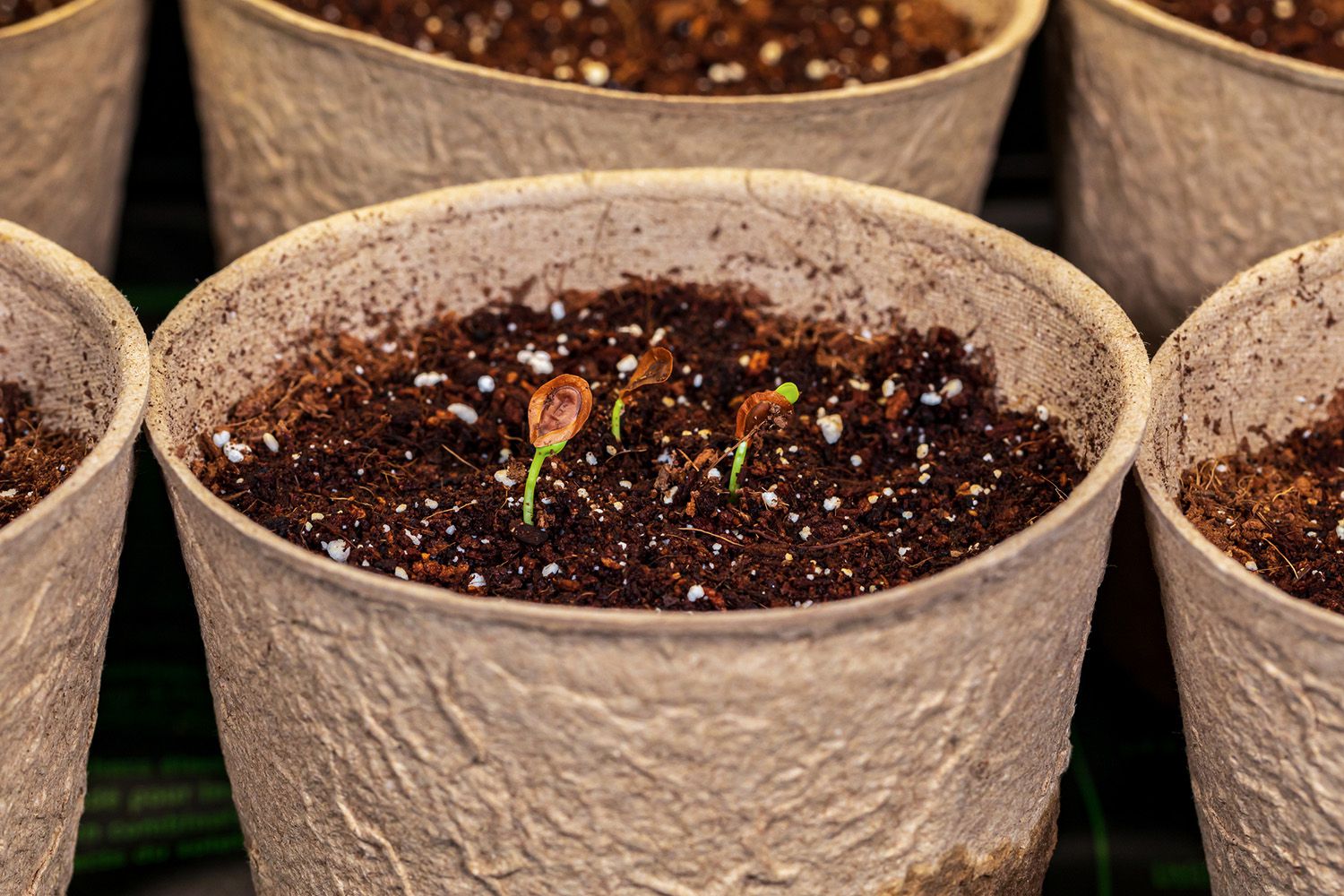
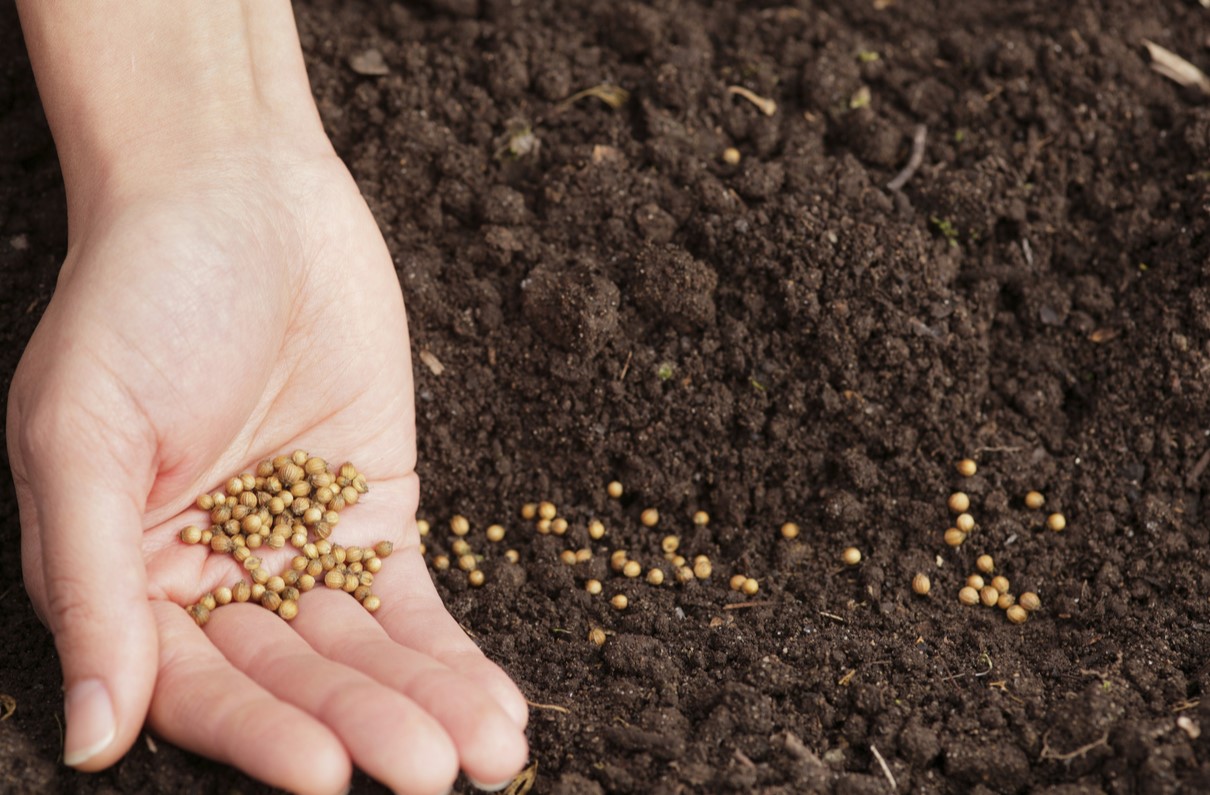
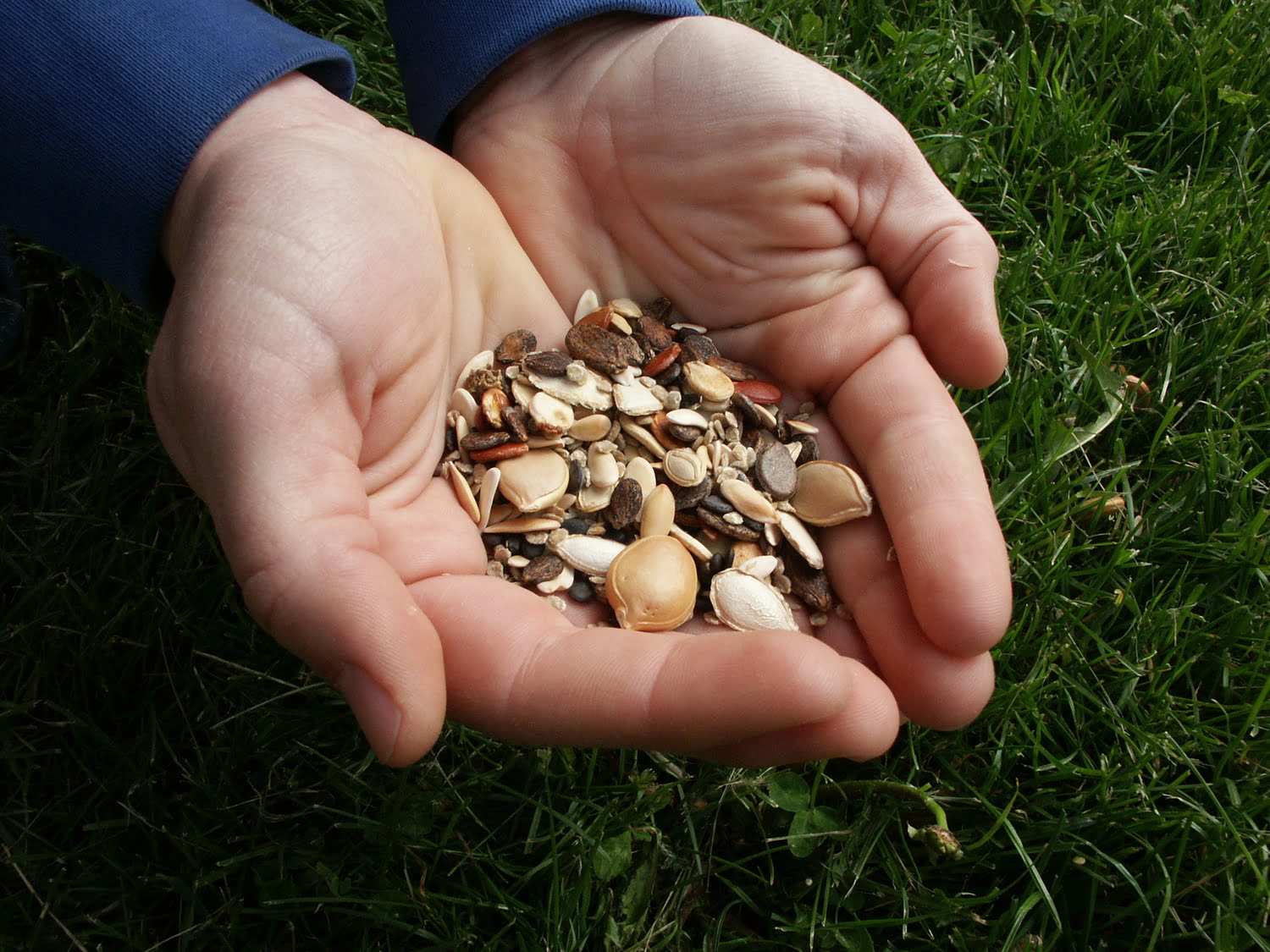
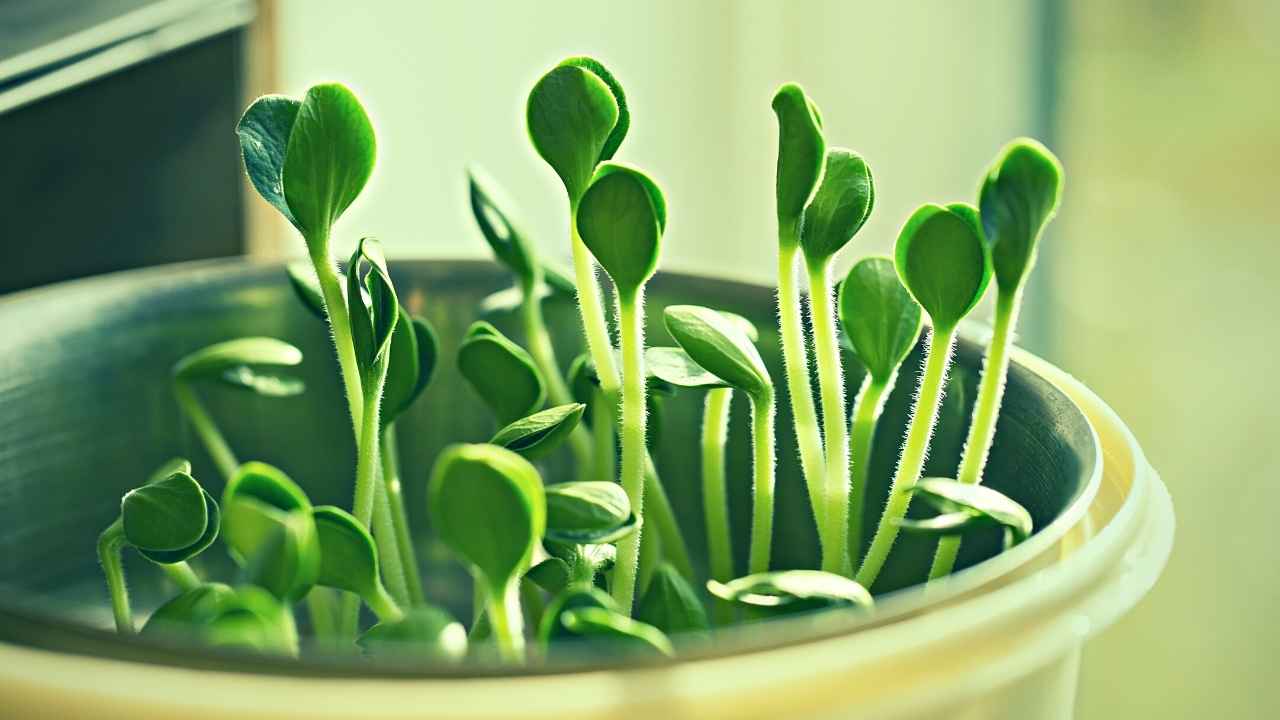
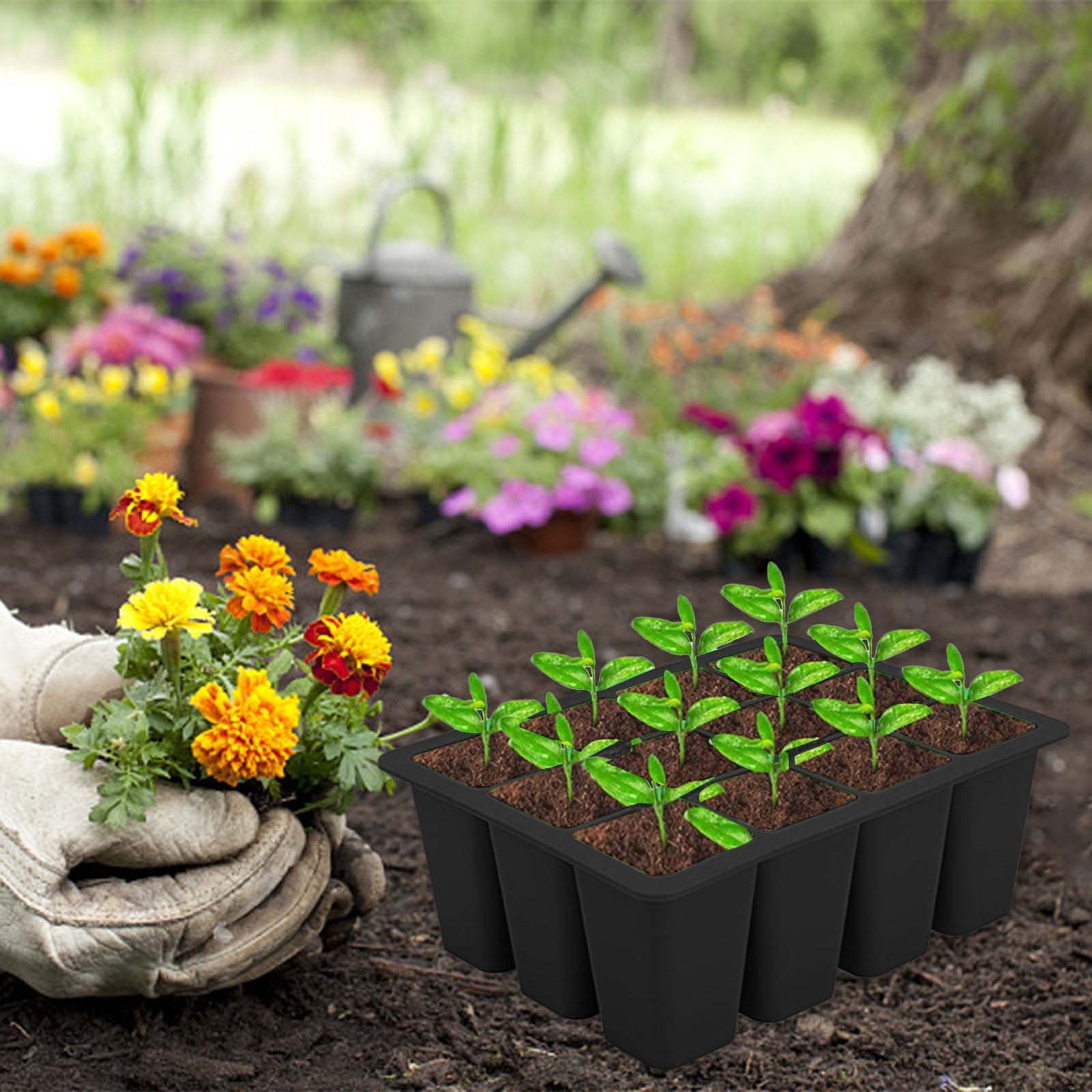
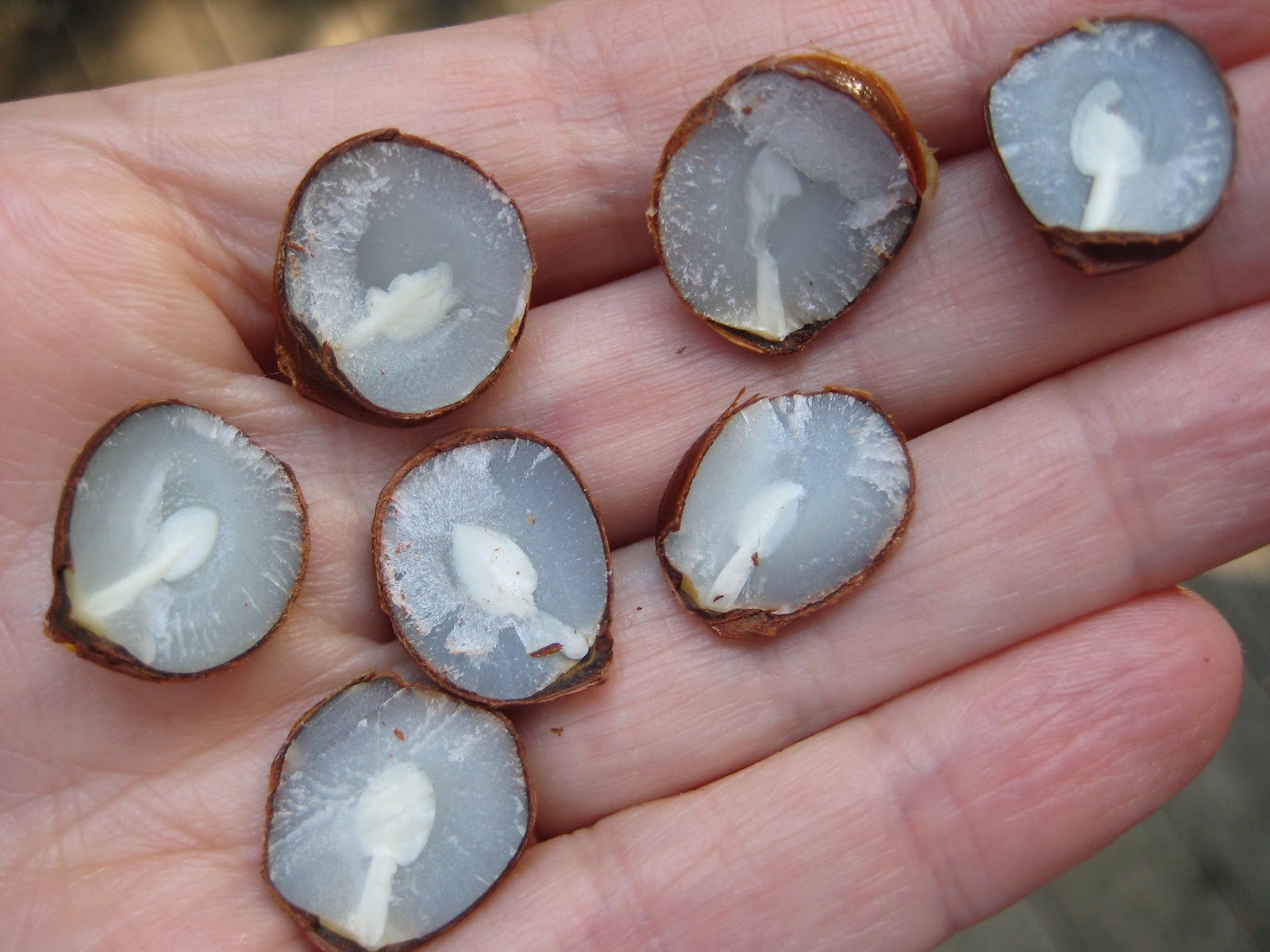
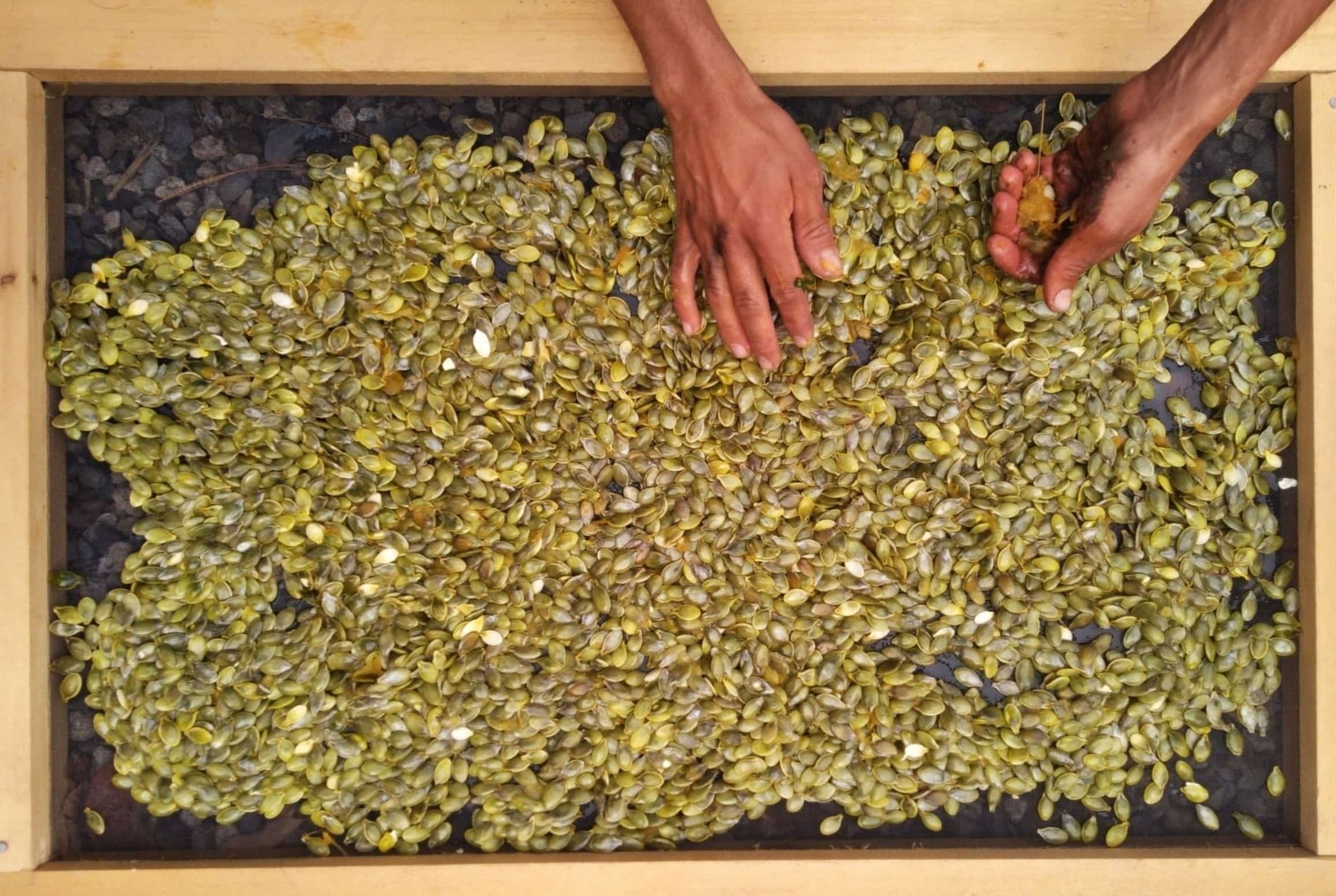
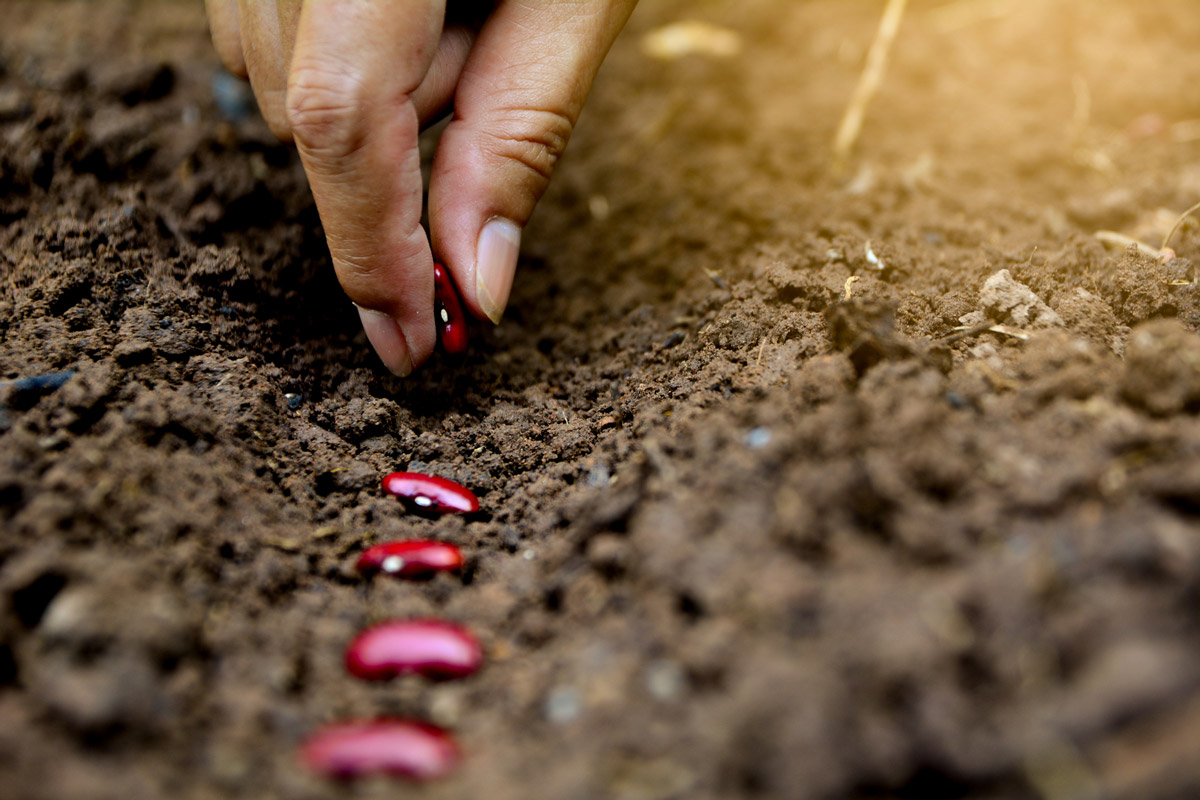
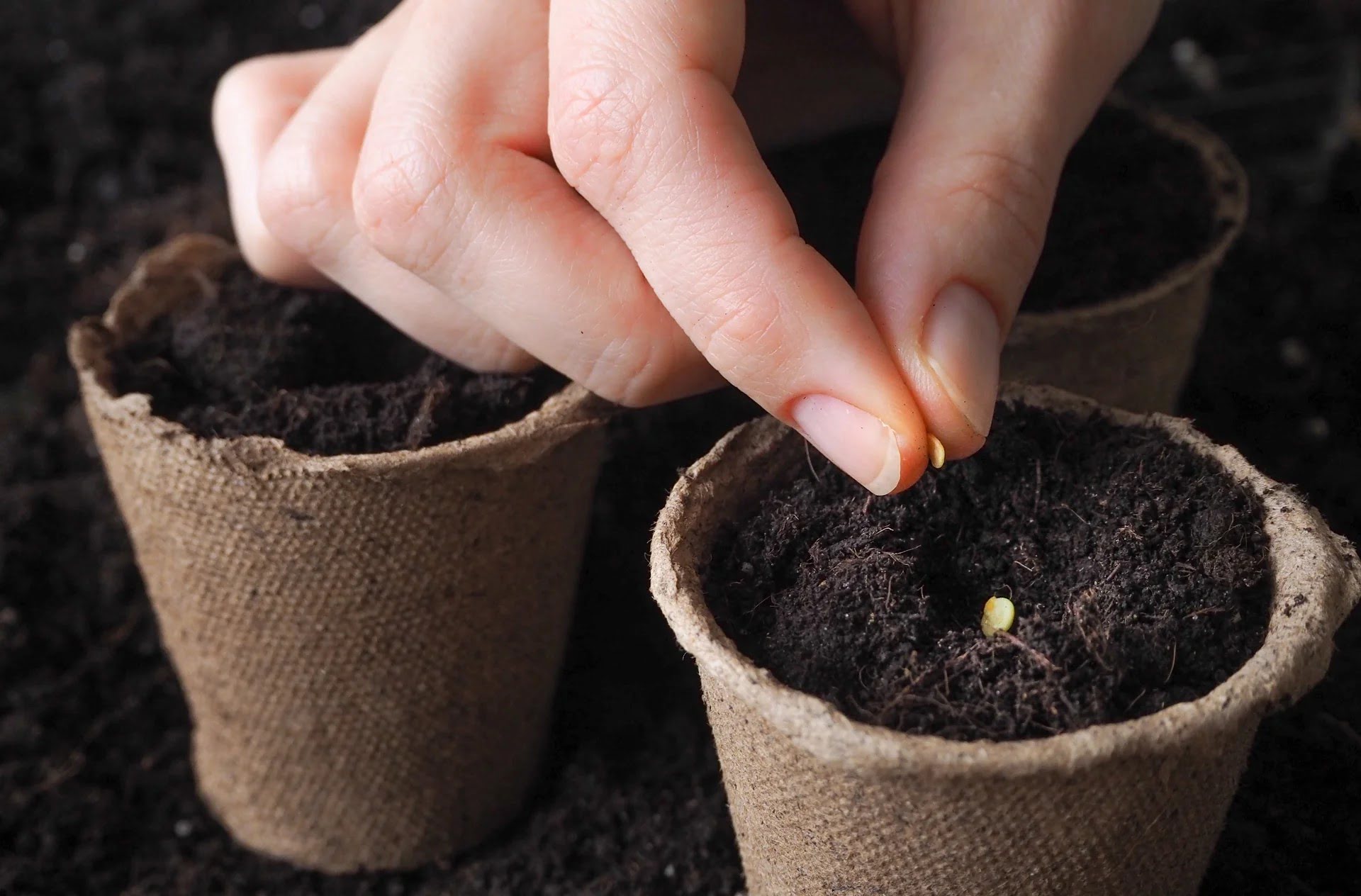
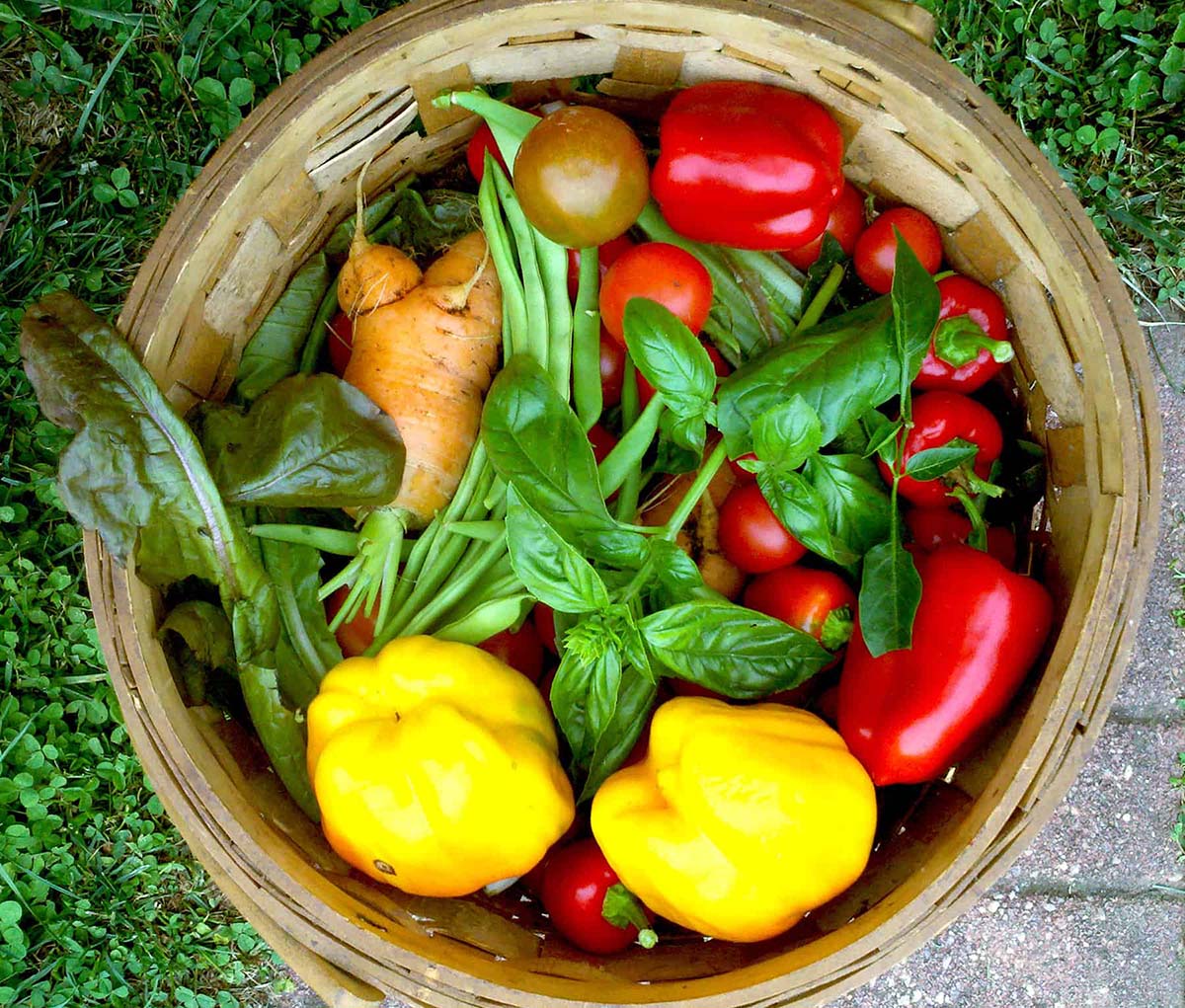
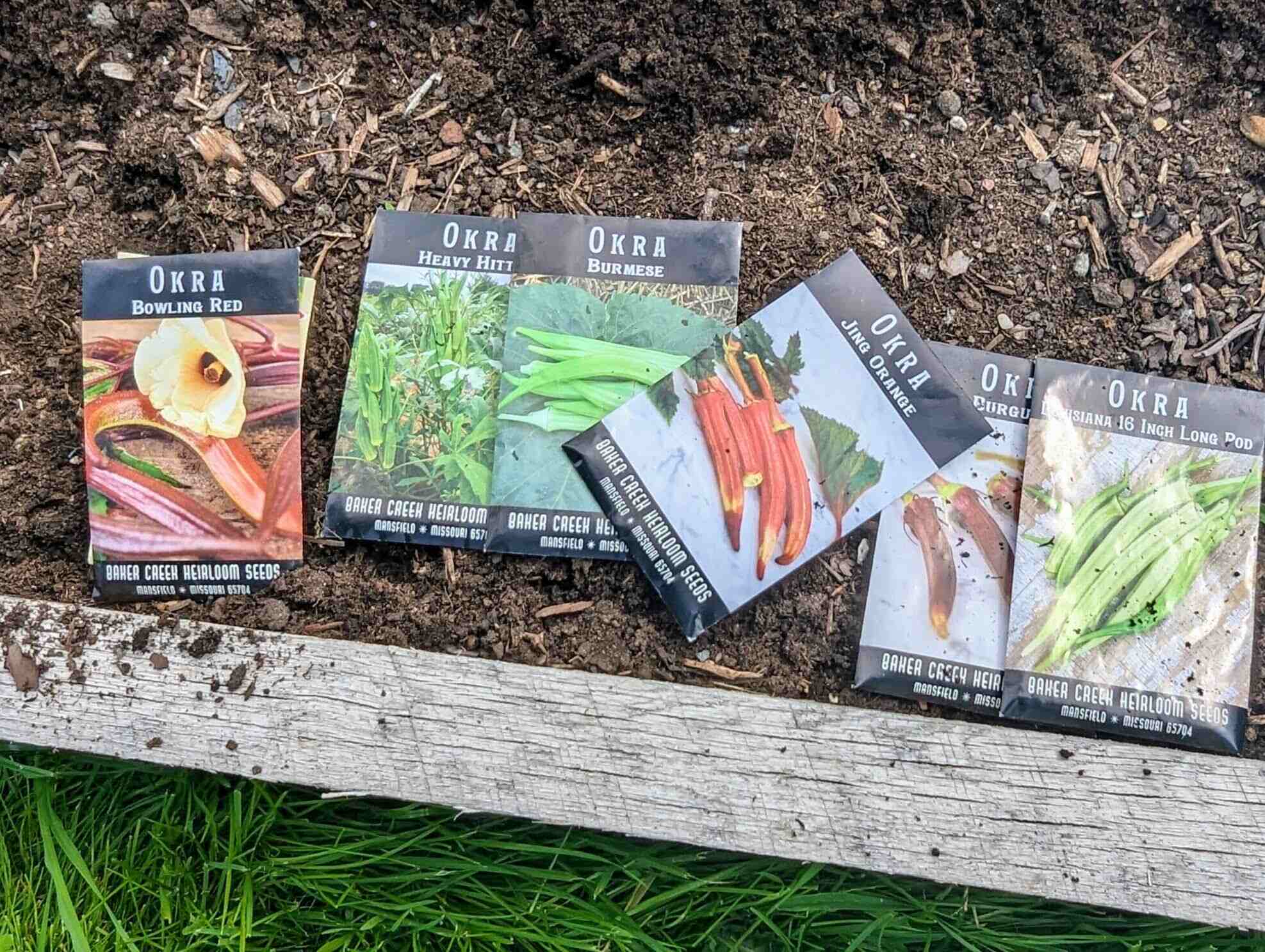
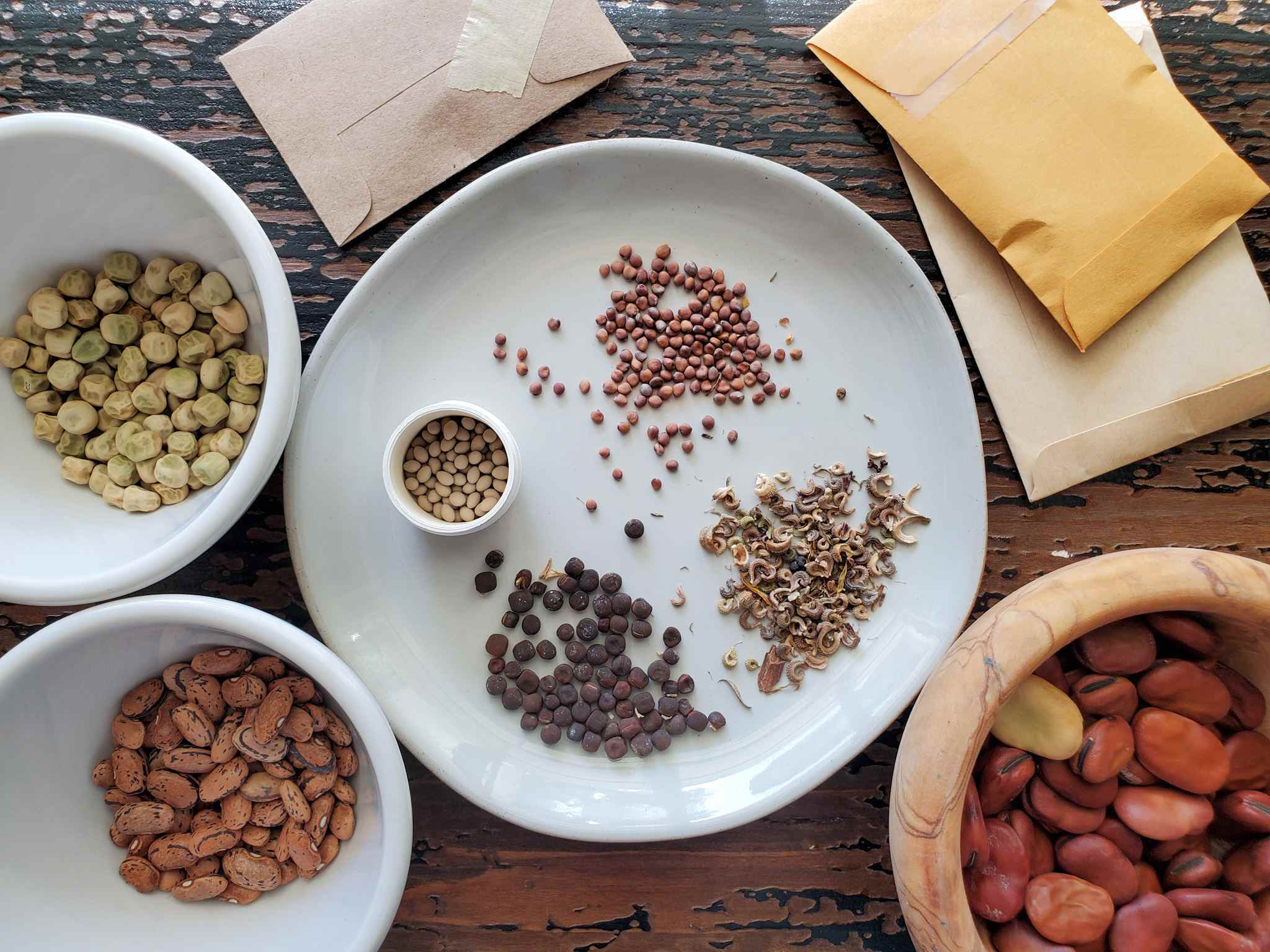
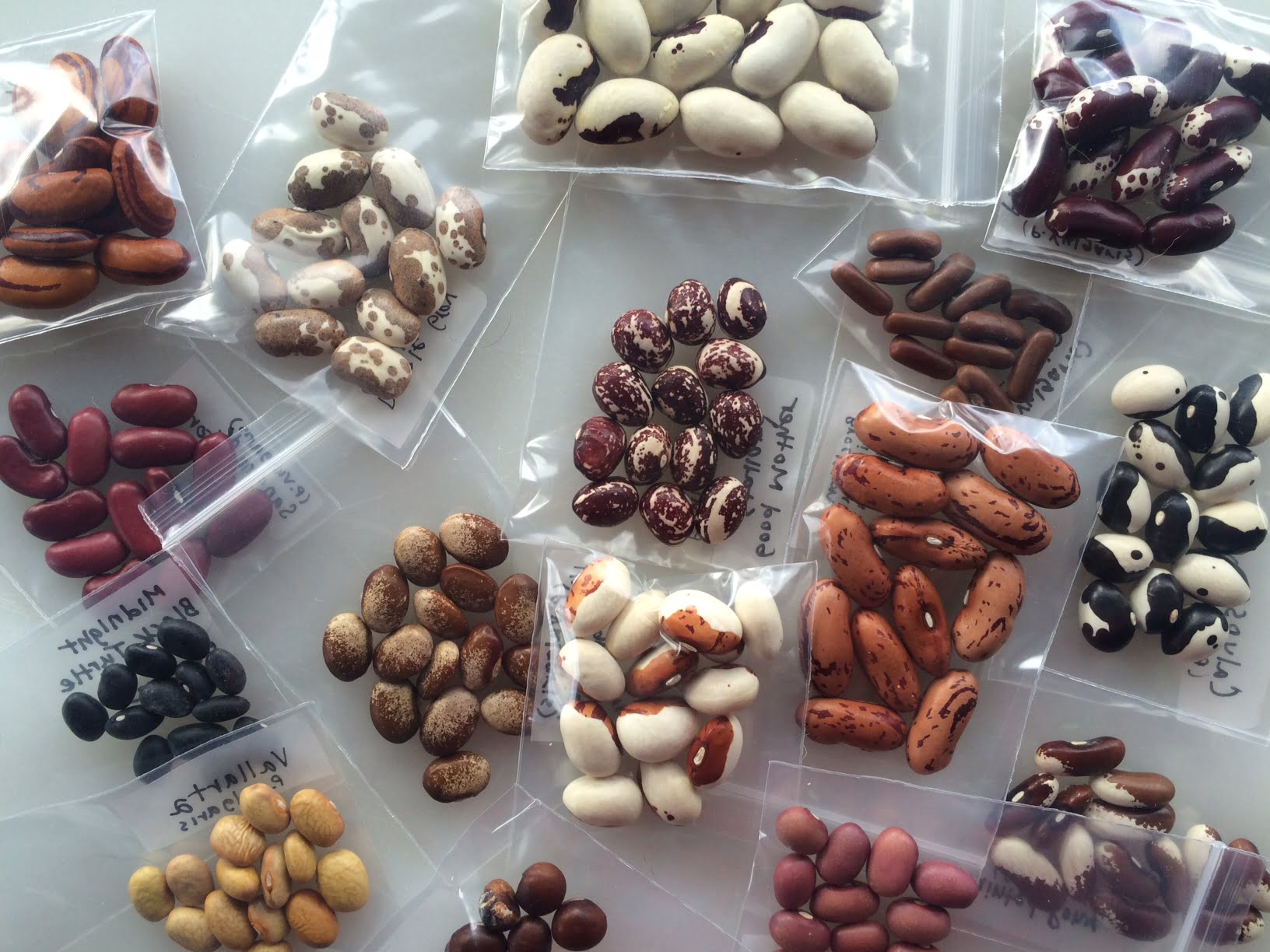
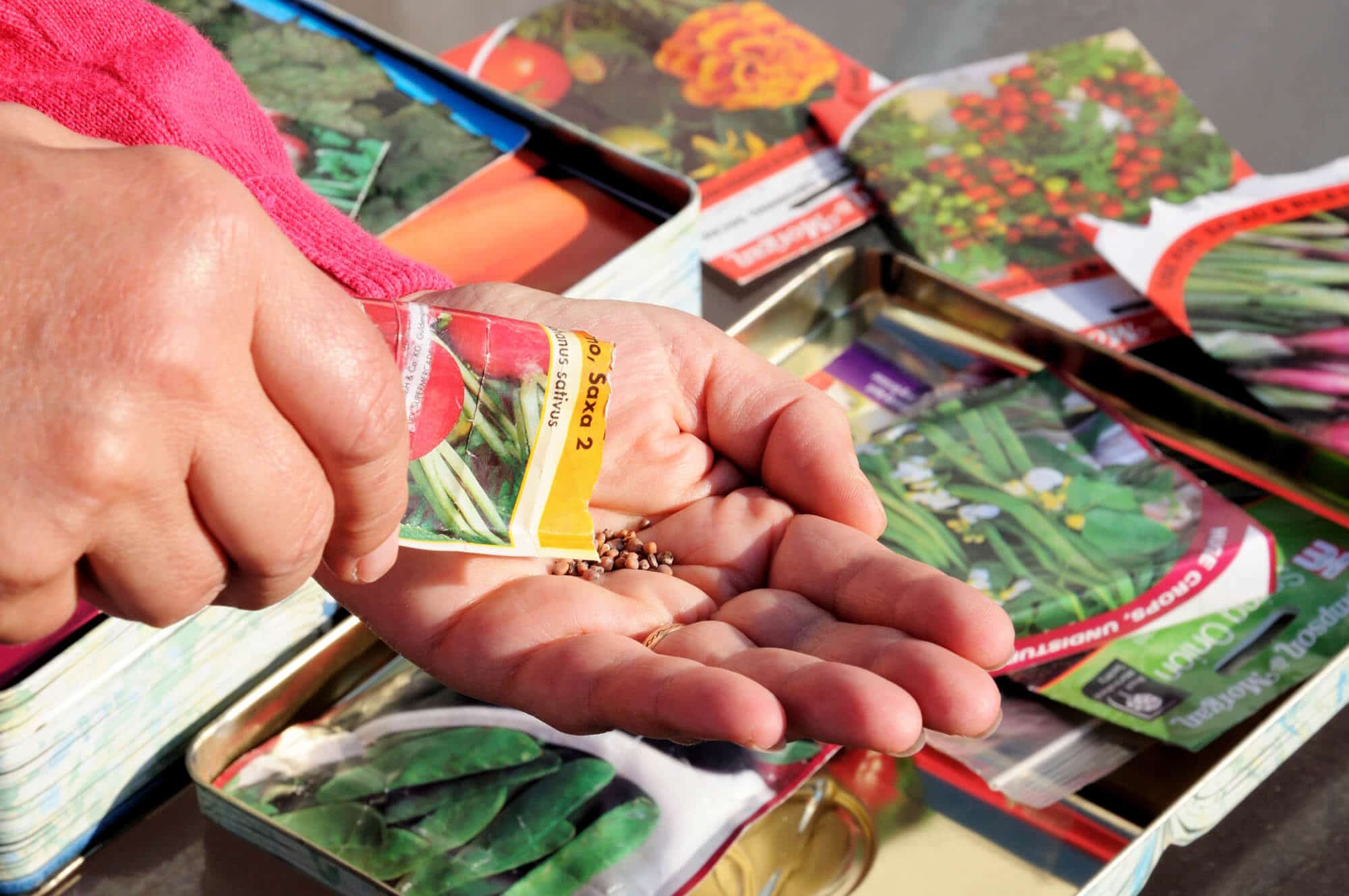

0 thoughts on “What Does Heirloom Seeds Mean”